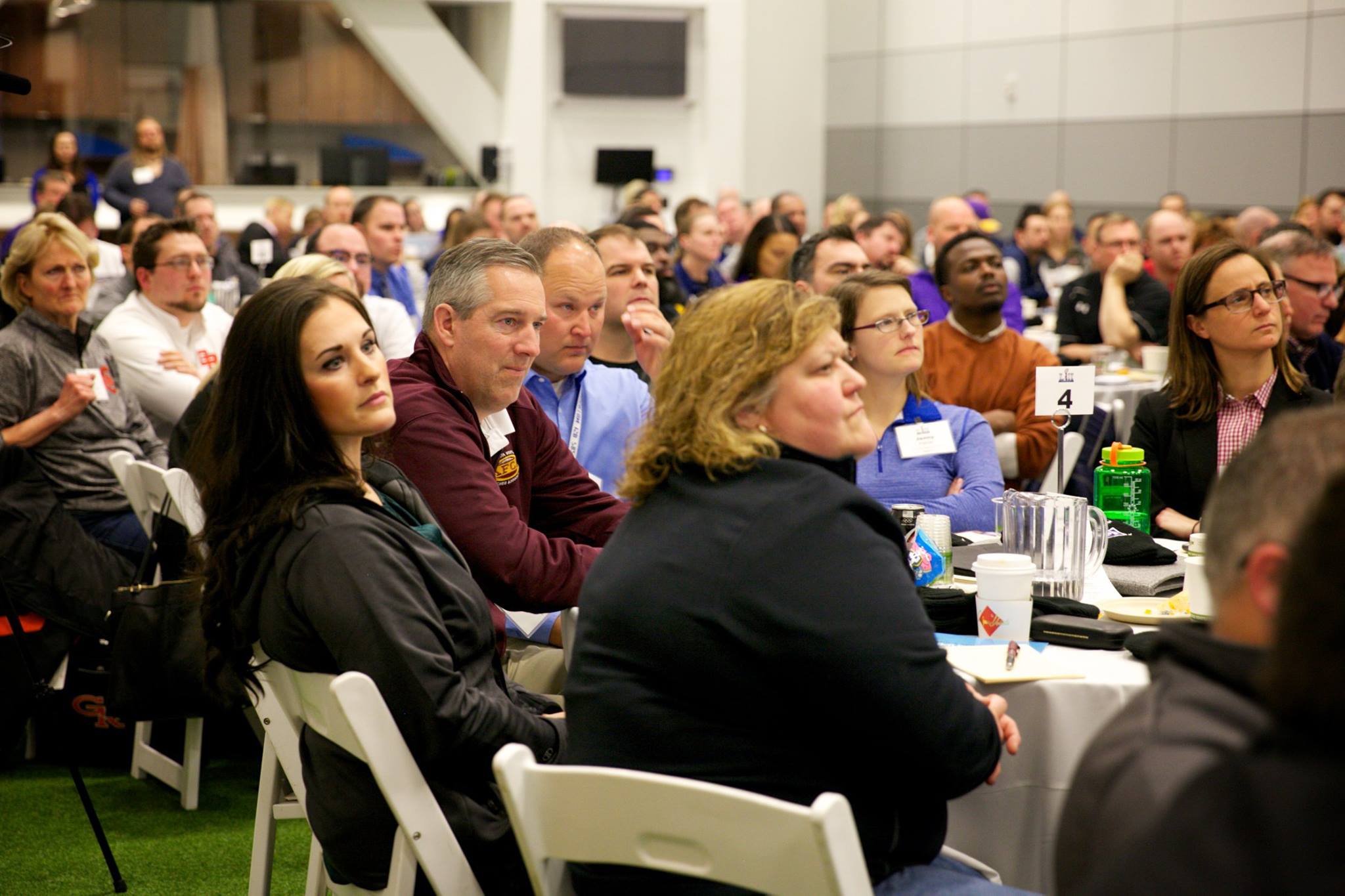
Local Initiative Strives To Change Youth Sports Culture
MINNEAPOLIS (WCCO) — Minnesota played host last week to the biggest event in professional sports.
But the Super Bowl Host Committee and the NFL used the event to put a spotlight on youth and high school sports as well.
“In 2015, we lived in an $8-billion youth sport industry. So, really, an industry that centers on adults making a living through that experience we’re providing for students,” said Jody Redman, an associate director for the Minnesota State High School League. “In 2017, there was a Time Magazine article that came out that now talks about the $15-billion youth sport industry. So clearly sports, in many cases, are no longer about kids.”
Redman is also the co-founder of the InSideOut Initiative.
“A national movement to reclaim the educational purpose of sport,” Redman said.
It started in Minnesota in 2012 in an effort to fight back against the win-at-all-costs culture consuming youth sports.
“And really we’re looking to make space in the culture so that sports can be about something more than just winning and losing,” she said. “The goal is to win. We’re going to win every game. We’re going to try to win every game. But it’s not the purpose. The purpose is the human growth and development of kids, and connecting them to caring adults in their learning committee.”
That is why a room at the Mayo Clinic was full of high school coaches and administrators. The NFL and Super Bowl Host Committee sponsored a seminar to help the InSideOut Initiative equip coaches and administrators with the training and tools to make the most of their responsibility to influence their athletes beyond just Xs and Os.
“What are we leaving those kids with when they graduate if it’s just the game? It might be a love of the game. I have it in four sports that I played, but it really is about giving them life skills,” Redman said. “We really have to empower athletic administrators to be that catalyst within their school. Somebody has to be the keeper of the gate.”
Because the need is great — the need to change the culture.
“We had a doctor from here at Mayo that just presented on overuse, and all the issues that are facing kids from a physicality perspective. We also have mental health issues that kids are facing. Depression, and disconnection from community, and suicide, and anorexia and all of the mental health issues that kids are facing today,” she said. “This is a solution to really providing a community of care that connects kids to sound relationships, relationships with adults who care about them. And we can present them with all kinds of moments where we can help them learn and discover and move outside of their comfort zone and make mistakes that they can learn from, and … become better people and grow through that experience.”